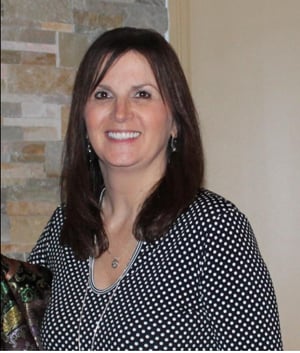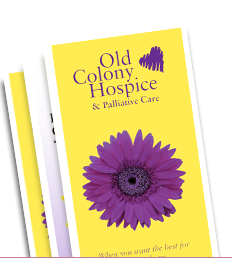Pandemic Proves Importance of Hospice Care
Column in The Enterprise

Never has hospice care been so crucial to our healthcare system, and so important to families, as it is now during the coronavirus pandemic.
As the coronavirus continues to spread and the public health crisis grows, it is becoming increasingly clear that hospice and home care are part of the solution to keep this and future outbreaks from overwhelming our nursing homes and hospitals. At a time when doctors and nurses, urgent care centers and emergency rooms are besieged by sick patients, nearly 1.5 million mostly-elderly patients in the United States are not part of that crush. Instead, they are in their homes, being safely cared for by family and properly trained hospice workers.
Hospice is keeping critically ill people safe from the virus at a time when the elderly absolutely should not be exposed to crowded emergency rooms. While the mortality rate for those under 50 in China hovers at less than 1 percent, for those over 80, it is 15 percent. As the pandemic worsens and more and more young, otherwise healthy patients throng waiting rooms looking for testing and treatment, roughly half of the most people most vulnerable to coronavirus are outside that system. This allows doctors, nurses, and health care providers in our hospitals to concentrate on treating the waves of patients who need emergency attention.
We believe that the safest place for our patients is in the family home or specialized hospice house with personalized care, especially as indications show that the virus is more quickly spread in large-scale healthcare facilities and larger group homes.
Simply put: Exposure remains the lowest for those who are able to stay in their homes with limited outside contact. And this is crucial given the population that hospice cares for – those most vulnerable to the disease, the elderly and terminally ill.
If, as occurred in Italy, resources in nursing homes and hospitals are stretched beyond capacity, hospice needs to be a safety valve. If intensive care units and ventilators are in short supply, hospitals need to know they can communicate an alternative advanced illness plan for families that takes a patient out of the hospital and into end of life care.
Hospice workers sometimes care for patients in a nursing-home setting. Those visits need to continue for the system and its overworked nurses and aides to function smoothly—but only for workers who are following CDC guidelines and who are screened upon entering the facility and before returning to family homes.
But hospice agencies need help. Even before the crisis, finding employees in this fast-growing sector was challenging. And now, just like in the emergency room and nursing home, hospice agencies face serious equipment and supply needs that must be met if we are to continue providing safe care both for patients and their families and for hospice workers. Right now, we are facing shortages of gloves, masks, sterilizer, and swabs. Resupply lines need to be energized to get us the supplies we need to keep our workers and our patients safe.
Toni L. Eaton, RN, BSN, MS, is President and CEO of Old Colony Hospice & Palliative Care, which is headquartered in West Bridgewater and serves more than 55 towns and cities in the surrounding communities.













